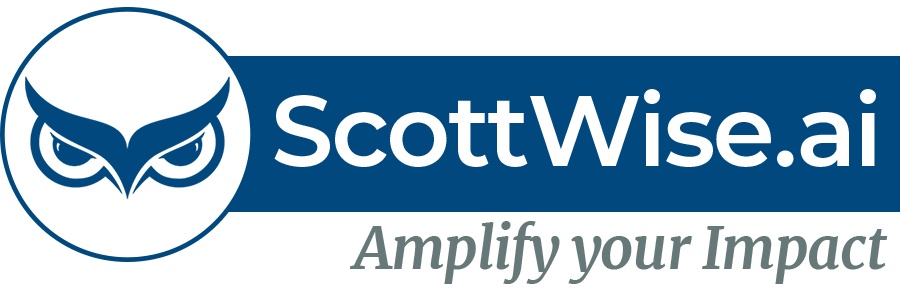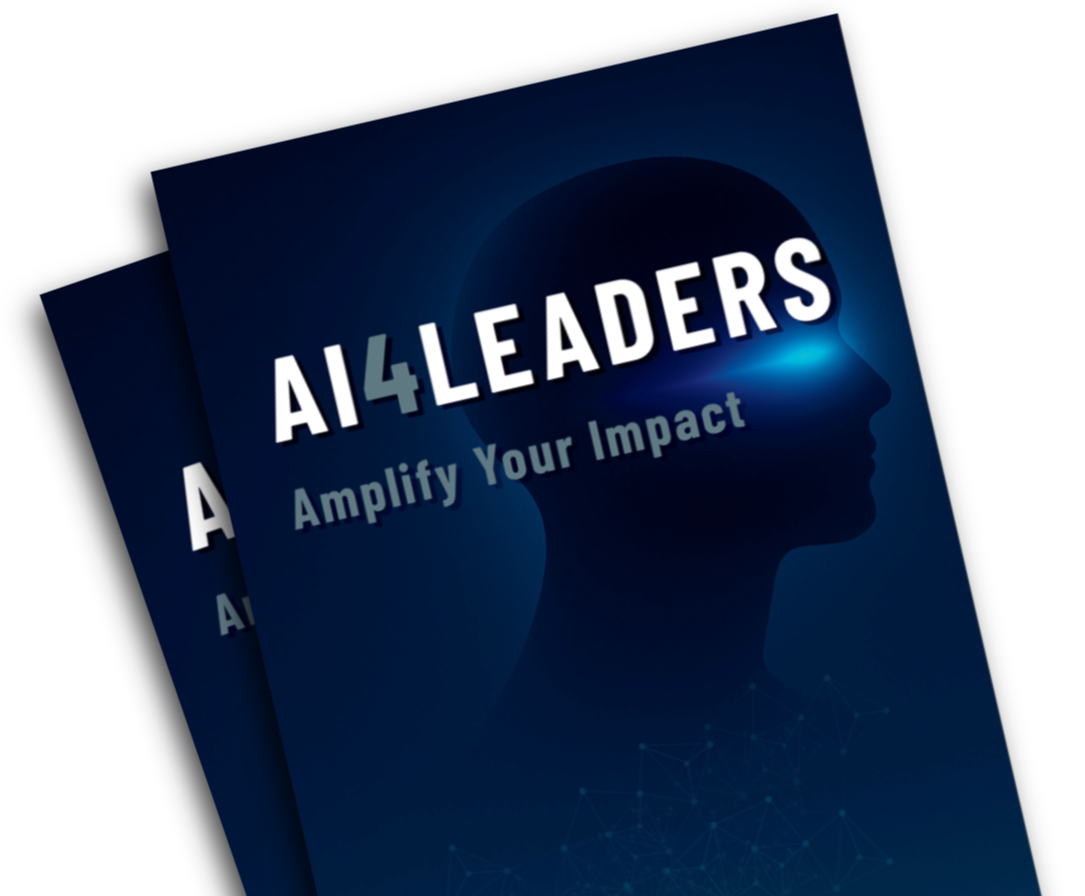When AI Meets Accountability: Redefining Value and Risk in Professional Services
Oct 07, 2025
Artificial Intelligence is reshaping the professional services landscape faster than any previous technological shift. Tasks once requiring teams of analysts and weeks of work can now be completed in hours.
But this acceleration comes with new expectations: transparency, oversight, and fairness in pricing. The firms that master all three will lead the next era of trusted advisory services.
Recent headlines made that lesson clear.
The Wake-Up Call: Deloitte’s AI Refund
In late 2025, Deloitte Australia refunded a portion of its fees to the Albanese Government after it was revealed that an AI-assisted report included fabricated citations and misattributed quotes.
While the firm corrected the report and stated that the core findings remained sound, the reputational damage was immediate.
The issue wasn’t that AI was used - it was that AI was used without transparent disclosure and sufficient human validation.
This incident illustrates what every professional services firm must now address: how to harness AI responsibly while protecting client trust, reputation, and revenue models.
Legal and Reputational Risk Mitigation: Disclose AI Use Transparently
The first line of defense is contractual clarity. Firms must proactively disclose how AI tools are used within engagements - before a client asks.
Recommended actions:
-
Add an AI Use & Disclosure Clause to all engagement letters.
Specify that AI tools may be used under human supervision to accelerate research, drafting, and data analysis, but that final deliverables are always reviewed and validated by qualified professionals. -
Protect confidentiality. Ensure that all client data processed by AI resides in enterprise-secure, private environments that prohibit model training or data sharing.
-
Reaffirm professional accountability. Clients must know that regardless of AI assistance, the firm, not the technology, is accountable for accuracy and integrity.
Transparency does not weaken credibility—it strengthens it. It demonstrates that the firm is both modern and ethically grounded.
Operational Excellence: Validate, Audit, and Govern AI-Assisted Deliverables
AI doesn’t eliminate the need for quality control—it raises the bar.
A responsible firm must put in place operational safeguards that ensure every AI-assisted output meets the same professional standards as human-only work.
Recommended actions:
-
Implement “Human-in-the-Loop” review on all AI-generated content. Every analysis, reference, and recommendation must be verified by a qualified consultant before delivery.
-
Create an AI Quality Audit Checklist. Require factual verification of all data, quotes, and citations; disclosure of AI-generated elements; and documentation of validation steps.
-
Adopt a Responsible AI Framework. Codify guardrails covering bias detection, transparency, and explainability of models used in client-facing work.
-
Train staff on AI literacy and ethics. A tool is only as responsible as the person guiding it.
These controls not only reduce risk—they become a differentiator. Clients will gravitate toward firms that can prove their AI governance is as strong as their technical expertise.
The Pricing Paradox: From Billable Hours to AI-Enabled Value
Perhaps the most challenging implication of AI is economic.
When a 200-hour project can now be delivered in 100 hours with equal or greater insight, the traditional billable-hour model begins to collapse.
My own data illustrates this point:
In a recent strategy engagement, I logged 99 hours of work for deliverables that would historically have required 200+ hours—a 50% efficiency gain.
AI didn’t reduce value; it doubled productivity and analytical depth. Yet under an hourly billing model, that productivity would paradoxically reduce revenue.
The solution: evolve pricing to reflect outcome value and responsible AI investment.
Recommended actions:
-
Introduce an “AI Services & Secure Data Environment” charge. A service charge 5–10% of projected fees, to recover costs for licensed AI infrastructure, governance, and validation processes would seem reasonable an appropriate.
-
Transition toward outcome-based pricing. Tie fees to measurable impact (e.g., improved forecast accuracy, faster decision cycles, cost savings) rather than time expended.
-
Quantify the productivity gain. Share how AI reduced cycle time or research hours, emphasizing that efficiency is reinvested in higher-value analysis, not shortcuts.
This transparency reframes AI as a value multiplier, not a discount trigger.
The Future of Trust and Value
AI will not replace professionals—but professionals who use AI responsibly will replace those who don’t.
As technology transforms the economics of consulting, trust becomes the new currency.
Firms that combine:
-
Transparent disclosure of AI use,
-
Rigorous operational governance, and
-
Modernized pricing aligned to outcomes,
will not only mitigate risk—they’ll set the new industry standard for credibility and profitability in the AI era.
The message to every firm is simple:
Adopt AI boldly, use it responsibly, and price it fairly.
That’s how we turn acceleration into advantage.



